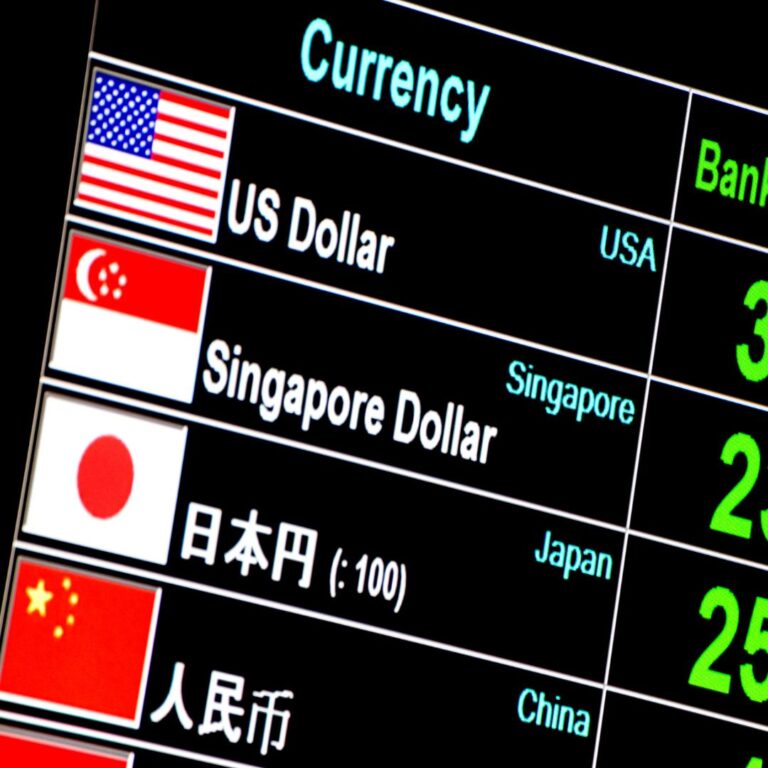Theme: Description and types of Riba
The Prophet (ﷺ) said:
“(The exchange of) gold for gold is Riba, except if it is from hand to hand and equal in amount, and (the bartering of) wheat grain for wheat grain is Riba except if it is from hand to hand and equal in amount, and (the bartering of) dates for dates is Riba except if it is from hand to hand and equal in amount, and (the bartering of) barley for barley is Riba except if it is from hand to hand and equal in amount”.
Narrated by Umar Bin Al-Khattab رضي الله عنهما
(Source: Bukhari No.2050)
The hadith above describes the first type of Riba al-Buyu’ (Riba in sale contracts) that Muslim ought to avoid, which is Riba al-Fadl.
In short, Riba al-Fadl occurs when the exchange of Ribawi commodities against themselves happens with unequal proportion or/and deferred in counter payment. For example, the exchange of an old currency note with a new currency note needs to be done (1) with the same equal amount (i.e. 10SGD for 10SGD) and (2) on a spot basis.
Imam Ghazali, in his book titled “Ihya’ Ulum al-Din” (Revival of Religious Sciences), mentions that: “there is no reason to the perpetual act of sin.. except for negligence and desire, and there is no (way) opposing negligence.. except knowledge, and there is no (way) opposing desire.. except patience in stopping the means for the desire”. He then further mentioned several ways to break one’s act of sin, and one is to remember what the Quran and Hadiths have injuncted and warned on the danger and punishment of those sinful acts.








